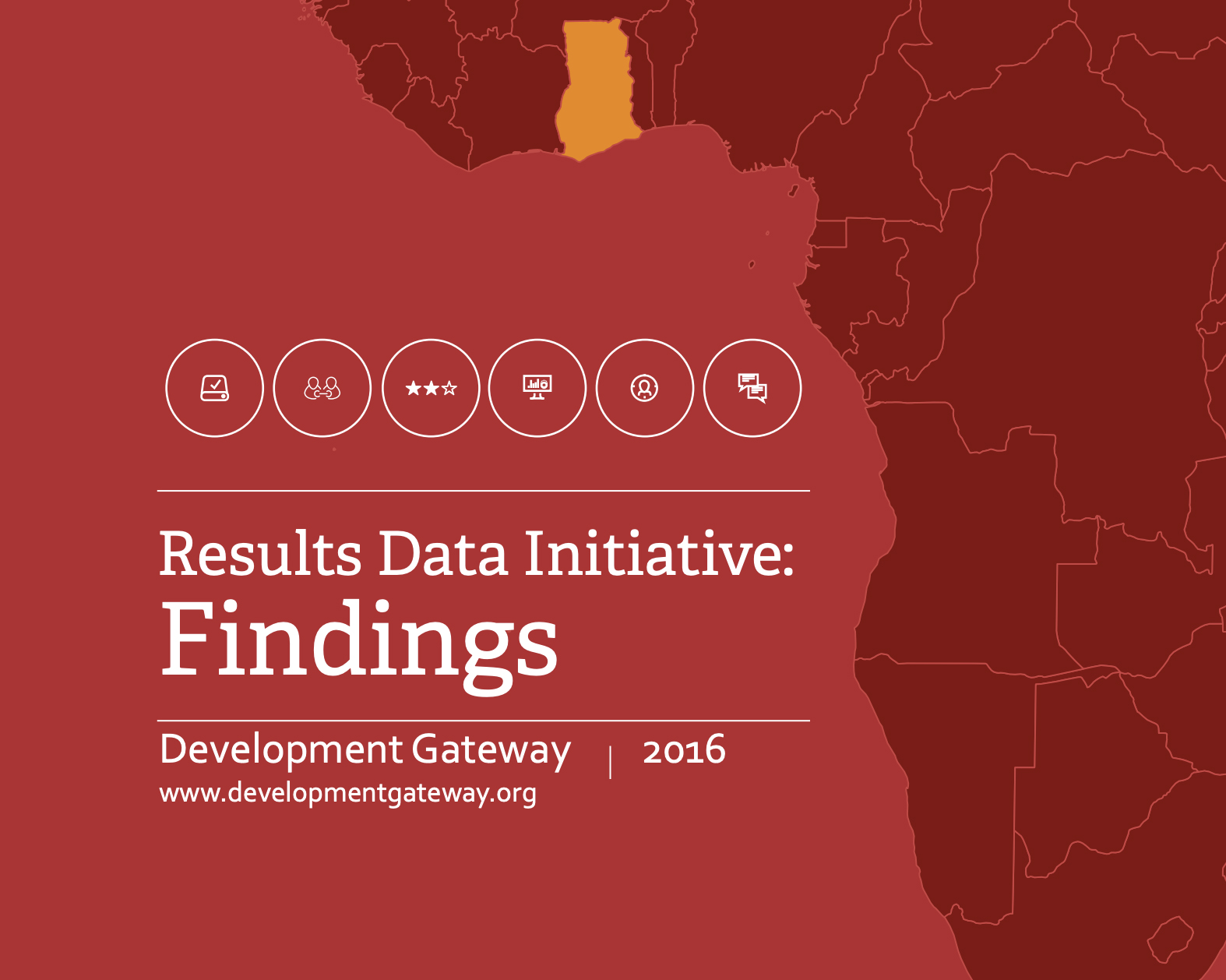Rwanda Launches Data Science Capacity Building Initiative to Strengthen Public Sector
A groundbreaking initiative has been introduced in Rwanda to address the growing demand for data science skills within the public sector. This new programme, known as the Data Science Capacity Building Initiative (DSCBI), is a collaborative effort between the National Institute of Statistics of Rwanda (NISR) and the African Institute for Mathematical Sciences (AIMS). The six-month training programme is designed to enhance the data analysis capabilities of professionals working within Rwanda’s National Statistical System (NSS), with the ultimate goal of supporting evidence-based policymaking and national development.
The launch event took place on July 10 at the NISR Training Centre and Data Science Campus in Nyarugenge, where key government stakeholders and the first cohort of 50 professionals were present. Ivan Murenzi, Director General of NISR, highlighted the practical nature of the training. “This is not theoretical training. It’s use case-based,” he explained. “Participants are identifying real data challenges faced by their institutions and learning how to solve them using datasets from surveys, systems, and other sources.”
Tolong support kita ya,
Cukup klik ini aja: https://indonesiacrowd.com/support-bonus/
Murenzi emphasized that Rwanda is transitioning from traditional reliance on census and survey data to real-time, evidence-based decision-making—a critical shift in today’s fast-paced governance environment. “When resources are limited, every decision must be efficient, and for that to happen, leaders must be guided by real evidence,” he said. He added that the initiative aims to foster smarter policies and better planning across sectors such as agriculture, education, and health.
Expanding Data Literacy Among Senior Leaders
In addition to technical training for frontline professionals, NISR is also developing tailored programmes for senior leaders, including ministers, permanent secretaries, and institutional heads. These initiatives aim to help leaders understand how data can improve the quality of their decisions. Yves Iradukunda, Permanent Secretary at the Ministry of ICT and Innovation (MINICT), welcomed the programme, calling it a crucial step toward transforming Rwanda into a data-driven society.
“Impactful data usage is essential for effective governance,” Iradukunda noted. “Many government professionals have access to data but lack the skills to extract actionable insights from it.” He pointed out that the programme directly addresses this gap by enabling participants to use data more effectively in their daily work. “We’ve seen how data can help identify where interventions are needed, like reducing dropout rates or improving education quality. It helps pinpoint what’s working, what’s not, and where we need to act.”
Iradukunda also acknowledged that not all participants come from technical backgrounds, but the training is structured to support learners from the basics to more advanced competencies. “Trainees should commit to the process and apply themselves fully. The future of Rwanda’s data transformation depends on their success. We look forward to celebrating their impact.”
Real-World Applications and Challenges
Diane Mukakalisa, who works in the Department of Planning, Monitoring, and Evaluation at the Ministry of Gender and Family Promotion, shared her perspective on the importance of the training. “As a department that works with data daily, especially gender-related data—we face challenges using some of the newer systems,” she said. “This training is a great opportunity for us to build our skills and ensure the data we collect truly informs development.”
The DSCBI represents a significant investment in Rwanda’s future, aiming to create a workforce capable of leveraging data for informed decision-making. By equipping professionals with the necessary tools and knowledge, the initiative supports the broader vision of a more transparent, efficient, and responsive public sector.
Key Components of the Programme
- Use Case-Based Learning: Participants engage with real-world data challenges faced by their institutions.
- Tailored Training for Leaders: Specialised modules for senior officials to enhance data-driven decision-making.
- Skill Development Across Levels: Designed to support both beginners and advanced learners.
- Focus on Practical Application: Emphasis on using data to inform policy and improve service delivery.
Through this initiative, Rwanda is taking a proactive approach to bridge the data skills gap and position itself as a leader in data-driven governance. The success of the DSCBI could serve as a model for other nations seeking to enhance their public sector capabilities through technology and innovation.







